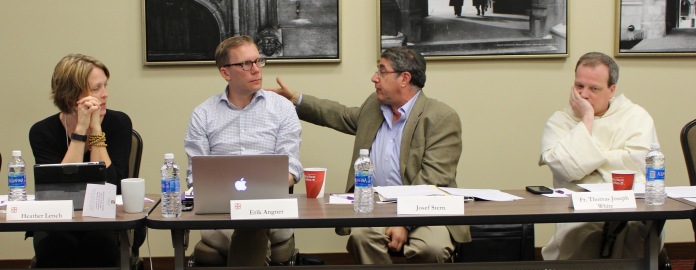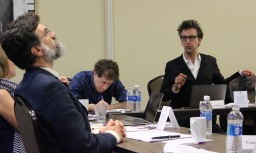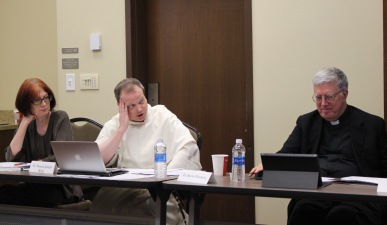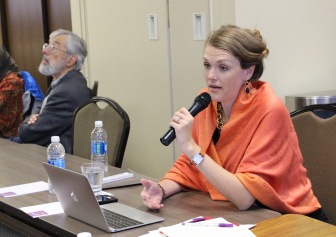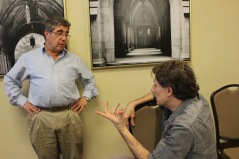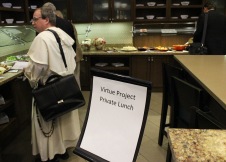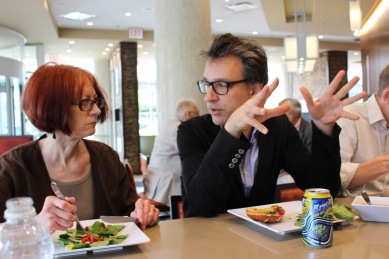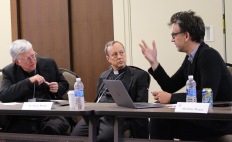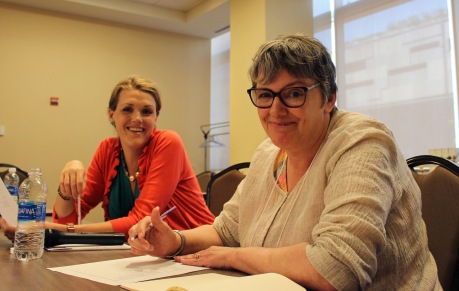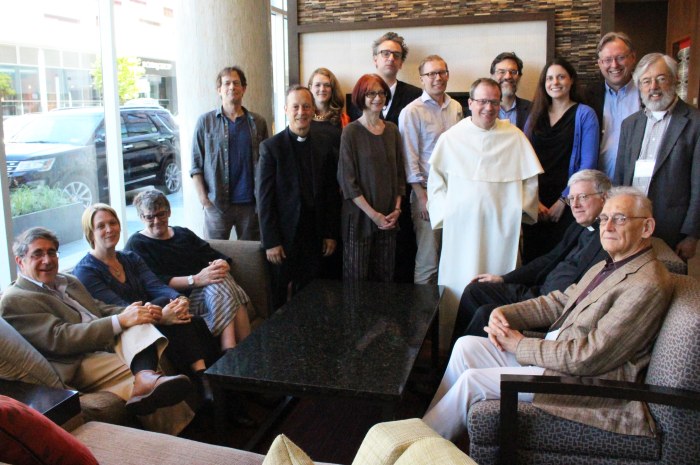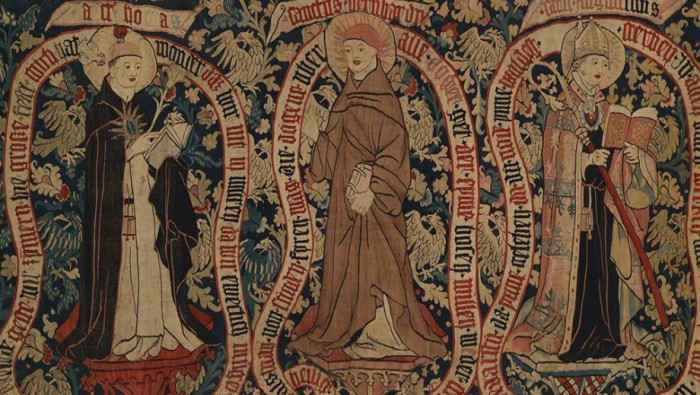
Character and Action Mini-Seminars
The seminars offered in this series have a special focus on moral dimensions of human life and the role of good character in navigating these dimensions well. Participants in these seminars will think through these issues by engaging with philosophical, literary, and religious texts.
These extracurricular, faculty-led seminars meet 2-4 times a quarter for around 1 ½ hours each session. They are open to all University of Chicago students, though space is limited. Advanced reading will be assigned for each seminar, but no written work.
On January 27th, Thomas Pavel, Gordon J. Laing Distinguished Service Professor of Romance Languages and Literature, led the last of three sessions using works of literature and film to highlight non-cardinal virtues. More specifically, Prof. Pavel drew on the works of Henry James, Simone Weil, Robert Bresson, and Heinrich von Kleist to elicit paradigm instances and failings of incumbency, trust, and attention. After short background remarks that framed the discussion of each virtue, Prof. Pavel guided participants through an analysis and discussion of the text and the virtue it emphasized. The general theme was how an attitude similar to love or care is important for virtue and how self-possession or self-centeredness tend to destroy it.
On February 14th, Tahera Qutbuddin, Professor of Arabic Literature, and scholar with the project Virtue, Happiness, & the Meaning of Life, gave the second of two sessions on the ethical writings of Ali ibn Abi Talib, the cousin and brother-in-law of Muhammad. Ali was a larger than life figure who was a learned philosopher, an aesthetic, caliph, and warrior and commander. The sessions consisted of presentations by Prof. Qutbuddin, a period of discussion and inquiry, and each ended with participants analyzing selected texts of Ali’s. Prof. Qutbuddin explained that for Ali faith and ethics went hand-in-hand as piety requires virtue and virtue requires piety.
Emerging Scholars Cohort in Bioethics
The Emerging Scholars Cohort in Bioethics is a yearlong certificate program in which a select group of students will interact with exemplar physician-scholars and consider what it means to be a good health care clinician, understood to involve more than mere technical competence. Members of the cohort will participate in a 2-day, intensive seminar and a series of lectures. Discussion of the seminar and lecture topics will continue over arranged dinners with the invited speakers. Throughout this program students will think through questions concerning the legitimate goals of medicine, the doctor-patient relationship, and medical professionalism, among others.
On February 21st, Dr. Adam Romeiser delivered an address titled “Rest, Renunciation, and Reconciliation: Three R’s and Their Relation to Health and Freedom in the Age of Addiction,” to the Emerging Scholar Cohort in Bioethics. The talk focused the value these three habits have had for Dr. Romeiser’s practice. More specifically, Dr. Romeiser tied the habits to maintaining health—especially mental health and the avoidance of burnout—and the capacity or freedom to meet all of one’s obligations. The talk was followed by discussion of Dr. Romeiser’s work providing health care to the Lawndale community, and the efforts of Lawndale Christian Center to provide their patients the opportunity for lifestyle changes.
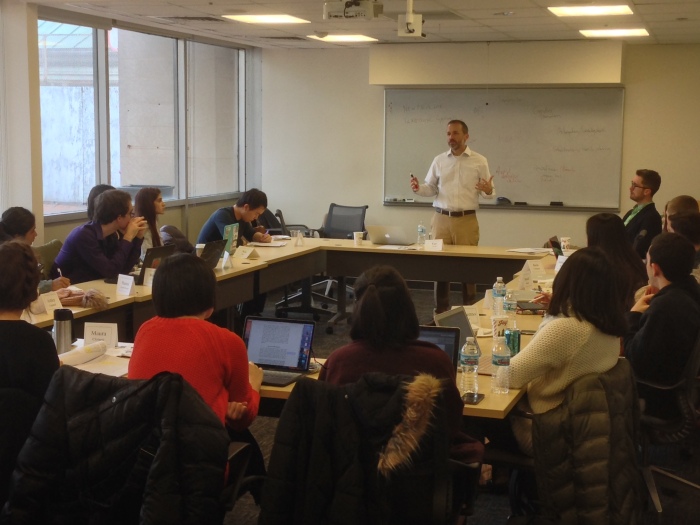

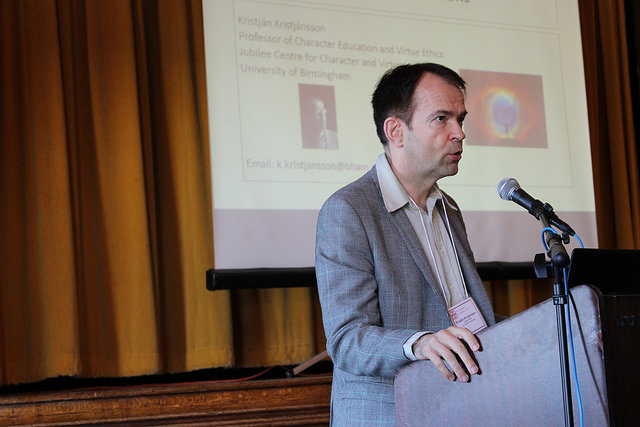 9:30-10:30 am Kristján Kristjánsson, Professor of Character Education and Virtue Ethics; Deputy Director of the Jubilee Centre for Character and Virtues, University of Birmingham
9:30-10:30 am Kristján Kristjánsson, Professor of Character Education and Virtue Ethics; Deputy Director of the Jubilee Centre for Character and Virtues, University of Birmingham Talbot Brewer, Professor of Philosophy, University of Virginia and Faculty Fellow at the Institute for Advanced Studies in Culture
Talbot Brewer, Professor of Philosophy, University of Virginia and Faculty Fellow at the Institute for Advanced Studies in Culture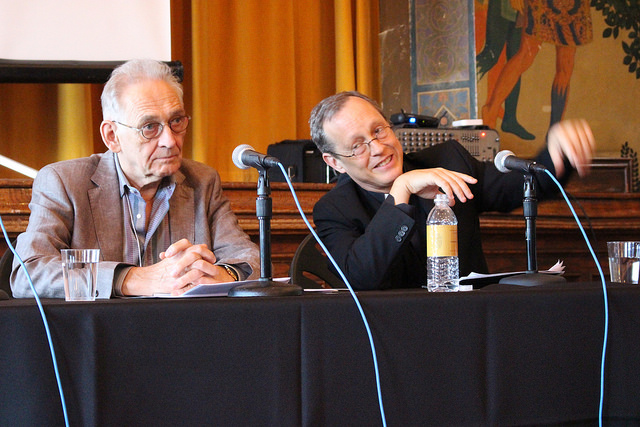
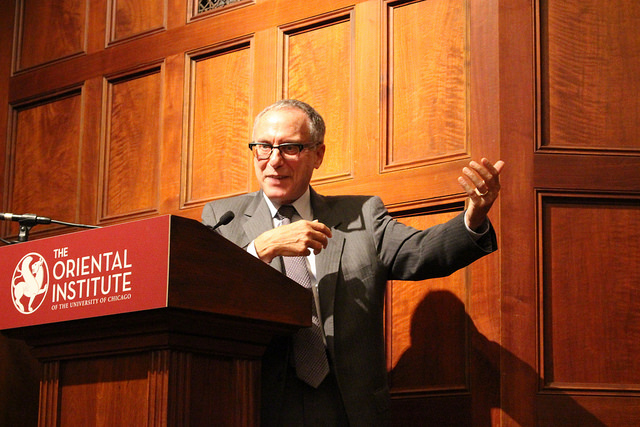
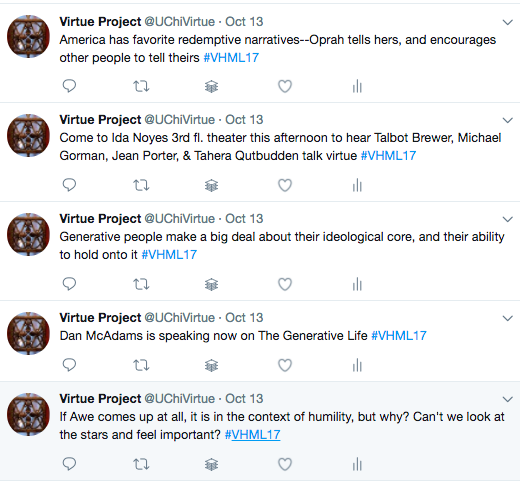

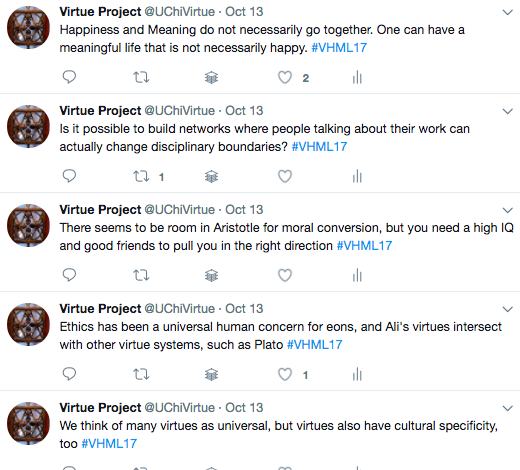
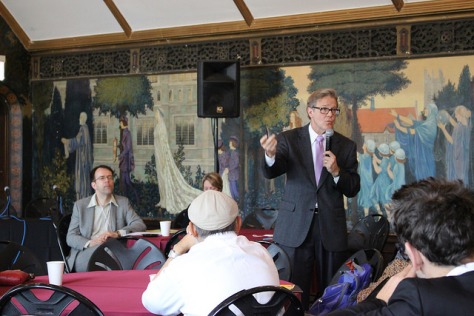


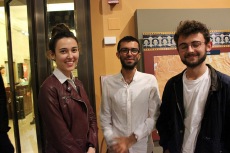

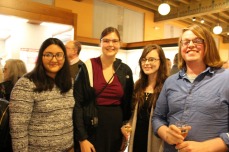


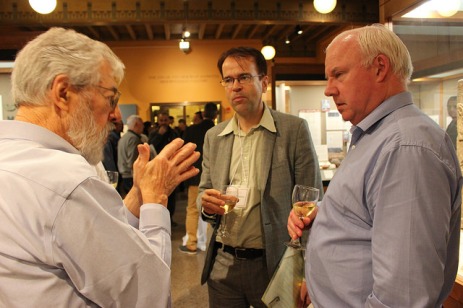
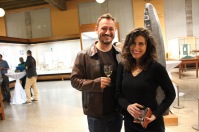


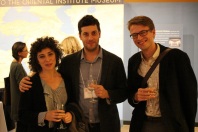
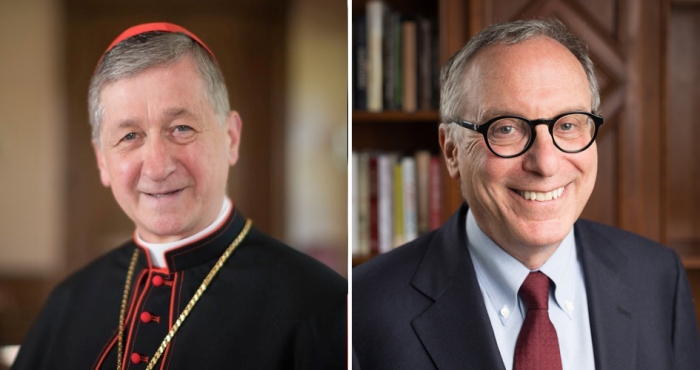 (From left): Cardinal Blase J. Cupich and Prof. Jonathan Lear will present the keynote talks.
(From left): Cardinal Blase J. Cupich and Prof. Jonathan Lear will present the keynote talks.
